Lease abstracts play a crucial role in the management of commercial real estate. Summarizing lease agreements into concise, easy-to-reference documents is an essential practice that streamlines property management, helps mitigate risks, and supports financial planning. In this article, we’ll explore the significance of lease abstracts, outline their key components, and provide best practices for creating and using them effectively.
A lease abstract is a summary of a lease agreement that highlights the most critical information contained within the lease. Instead of navigating through extensive documents, Owners (Investors), Property Managers, and Tenants can quickly reference key terms, financial obligations, and other essential details through the lease abstract. This summary ensures that important information is readily available, helping to avoid misunderstandings and ensuring all parties remain aligned with the lease terms.
In commercial real estate, managing leases is a detailed process that demands accuracy and thoroughness. Lease abstracts simplify this process by condensing essential elements of a lease into an easily digestible format. They are particularly valuable in large portfolios where managing multiple leases can become overwhelming. By providing a clear snapshot of each lease, abstracts help Owners (Investors), Property Managers, and Tenants maintain control over their assets and make informed decisions quickly.
The purpose of this article is to educate commercial real estate professionals on the importance of lease abstracts. We will explore how these tools contribute to effective property management, risk mitigation, and financial planning. Additionally, we will discuss best practices for creating lease abstracts and the impact they have on real estate transactions.
Why Lease Abstracts are Essential

Quick Reference Tool
Lease abstracts serve as a quick reference tool essential for Owners, Property Managers, and Tenants. It allows for immediate access to the critical details of a lease, such as rent schedules, renewal options, and maintenance responsibilities. This quick access is particularly useful in day-to-day operations, where timely decisions are crucial. For example, when negotiating lease renewals or addressing tenant concerns, having a well-organized lease abstract can save time and reduce the likelihood of errors.
Risk Management
Effective risk management is a cornerstone of successful property management, and lease abstracts are integral to this process. By summarizing key terms and conditions, lease abstracts help identify potential risks associated with lease agreements. These risks might include ambiguous clauses, unusual financial obligations, or complex maintenance requirements. Identifying and addressing these risks early on can prevent costly disputes and ensure smoother property management operations.
Financial Planning
Lease abstracts are also vital for accurate financial planning and budgeting for both Owners and Tenants. They provide a clear overview of rent schedules, escalation clauses, and other financial commitments. This information is essential for tracking cash flow, forecasting future income, and managing expenses. In commercial real estate, where financial stability is paramount, lease abstracts offer the transparency needed to make informed financial decisions and optimize property performance, and ensure a clear understanding of the contractual financial obligations of the lease.
Key Components of a Lease Abstract

Rent Details
One of the most critical components of a lease abstract is the rent details. This section includes the base rent amount, escalation clauses, payment schedules, and any additional rent-related obligations, including common area maintenance (CAM) expenses passed through to tenants.. Having this information readily available ensures that property managers can track payments accurately and address any discrepancies promptly.
Renewal Options
Renewal options are another essential component of a lease abstract. This section outlines the terms and conditions under which a lease can be renewed, including notice periods and rent adjustments. Understanding these options is crucial for both landlords and tenants, as they impact long-term occupancy and financial planning.
Maintenance Responsibilities
Maintenance responsibilities often lead to disputes if not clearly defined. A lease abstract should include a detailed summary of which party is responsible for various aspects of property maintenance. This clarity helps avoid misunderstandings and ensures that maintenance obligations are met, preserving the property’s value and tenant satisfaction.
Critical Dates
Critical dates, such as lease start and end dates, renewal deadlines, and rent escalation dates, are fundamental to effective lease management. By tracking these dates through a lease abstract, property managers can ensure that all obligations are met on time, avoiding penalties and ensuring smooth lease transitions.
Other Essential Information
Beyond the basics, a comprehensive lease abstract may include other essential information such as security deposit, insurance requirements, Tenant Allowances, parking and any special clauses or addenda. Including this information ensures that all relevant aspects of the lease are considered in management decisions.
Impact on Commercial Real Estate Transactions

Facilitating Property Sales and Acquisitions
Well-prepared lease abstracts are invaluable during property sales and acquisitions. They provide potential buyers with a clear understanding of the lease terms, which is crucial for evaluating the investment’s profitability and risks. In due diligence processes, lease abstracts streamline the review of lease agreements, making transactions more efficient and reducing the likelihood of last-minute surprises.
Role in Due Diligence Processes
During due diligence, lease abstracts allow buyers and their legal teams to quickly assess the financial and legal obligations associated with a property. This clarity helps in identifying any potential issues that could affect the property’s value or the feasibility of the investment. By providing a clear summary of lease terms, lease abstracts ensure that all parties are well-informed and that the transaction proceeds smoothly.
Best Practices for Creating Lease Abstracts

Utilizing Technology Solutions
In today’s digital age, technology plays a critical role in creating and managing lease abstracts. Software solutions designed for lease administration can automate the extraction and organization of key lease data, ensuring accuracy and efficiency. These tools not only streamline the creation process but also facilitate regular updates and easy access to lease information.
Regular Updates and Reviews
Lease abstracts must be kept up-to-date to remain effective. Regular reviews and updates are essential, especially when there are changes to the lease terms, such as amendments or renewals. By maintaining current and accurate lease abstracts, property managers can ensure that they always have the most relevant information at their fingertips.
Collaboration with Legal and Financial Experts
Creating comprehensive lease abstracts often requires collaboration with legal and financial experts. These professionals can provide insights into the implications of specific lease terms and help ensure that the abstract accurately reflects the lease agreement. This collaboration is especially important for complex leases, where legal and financial nuances can significantly impact the property’s management and value.
Case Studies

Success Stories
In one notable example, a commercial property management firm used detailed lease abstracts to streamline its portfolio management. By using lease abstracts, the firm was able to quickly identify and resolve potential lease conflicts, improve tenant satisfaction, and enhance overall property performance. This proactive approach not only minimized risks but also contributed to the firm’s reputation for effective property management.
Lessons Learned
Conversely, a lack of detailed lease abstracts led to significant challenges for a real estate investor. The investor faced unexpected financial losses due to overlooked lease terms that were not properly summarized. This situation highlighted the importance of thorough and accurate lease abstracts, which could have prevented the mismanagement of the property and the resulting financial impact.
Future Trends in Lease Abstracts

AI and Data Analytics
Artificial intelligence (AI) and data analytics are poised to revolutionize the creation and management of lease abstracts. These technologies can automate the extraction of key lease information, identify patterns and risks, and provide predictive insights. As these tools become more sophisticated, they will enable property managers to create more accurate and comprehensive lease abstracts with less effort.
The Digital Real Estate Landscape
The shift towards a digital real estate landscape is making lease abstracts even more critical. As more transactions and property management tasks move online, having easily accessible and well-organized lease abstracts will be essential for staying competitive. The integration of digital tools and platforms will continue to enhance the efficiency and effectiveness of lease administration.
Lease abstracts are a fundamental component of effective commercial real estate management. They simplify lease agreements, support risk management, and enhance financial planning. By providing a quick reference to critical lease information, they enable Owners, Property Managers, and Tenants to make informed decisions that protect and enhance their investments.
Creating and maintaining accurate lease abstracts requires attention to detail, regular updates, and collaboration with experts. By following best practices, utilizing technology, and staying informed about industry trends, commercial real estate professionals can ensure that their lease abstracts are powerful tools for success.
Given their importance, it is essential for Owners, Property Managers, and Tenants to prioritize the creation and maintenance of lease abstracts. Doing so will lead to better property management, reduced risks, and improved financial outcomes.
For those looking to enhance their lease administration practices, consulting with legal and financial professionals can provide valuable insights and ensure that lease abstracts are comprehensive and accurate. Investing in professional guidance can make a significant difference in the effectiveness of lease management and the overall success of a commercial real estate portfolio.
Frequently Asked Questions
Question: What is a lease abstract and why is it important in commercial real estate?
Answer: A lease abstract is a summary of a lease agreement that highlights key information, such as rent details, renewal options, and maintenance responsibilities. It is important because it simplifies the management of lease agreements, supports risk management, and aids in financial planning for Owners, Property Managers, and Tenants.
Question: How do lease abstracts contribute to risk management?
Answer: Lease abstracts help identify potential risks in lease agreements by summarizing key terms and conditions. This allows Owners, Property Managers, and Tenants to address any ambiguities or unusual financial obligations early on, preventing costly disputes and ensuring smoother property management.
Question: Why should lease abstracts be regularly updated?
Answer: Regular updates to lease abstracts are essential to ensure they remain accurate and relevant. This is particularly important when there are changes to lease terms, such as amendments or renewals, as it helps all parties involved maintain the most current information for effective decision-making.



